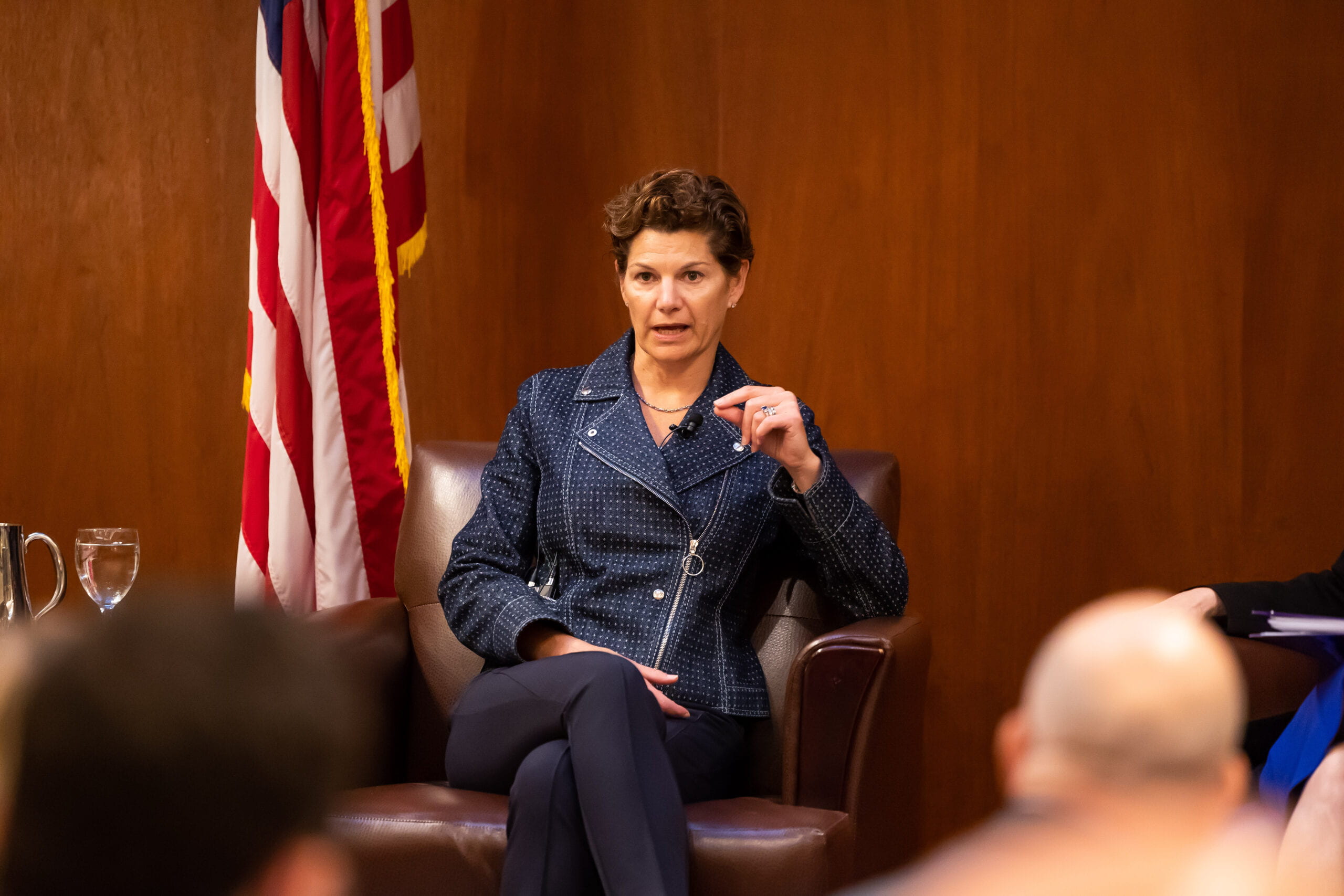by Bethany Hengsbach and Steve Solow

From left to right: Bethany Hengsbach, and Steve Solow. Photos courtesy of the authors.
In a speech at the Program on Corporate Compliance and Enforcement at NYU School of Law, Nicole Argentieri, Acting Assistant Attorney General of the Criminal Division, announced key revisions to the March 2023 Evaluation of Corporate Compliance Programs (ECCP). The September 17, 2024 speech was followed by the release of the updated ECCP on the DOJ website. The revised ECCP converts leading edge compliance efforts into standard operating procedures (SOPs) against which companies will be judged by the Department of Justice (DOJ) when making prosecution decisions. The primary changes include three new areas of focus, and a fourth important expansion of a pre-existing idea: Continue reading

